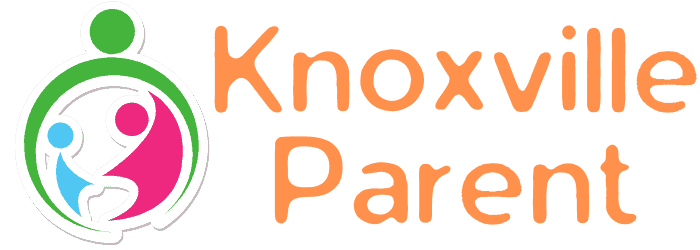The process of developing maturity can be difficult for both parents and teens, but by better understanding how the teenage brain works, a world of difference can be made for everyone.
In past parenting models, parents have been encouraged to “hold their breath” and wait out the teenage years of rebellion. The problem with this parenting style is that it can foster a negative expectation of teens. While some teens will figure things out on their own and discover the ability to make good decisions early on, others rely heavily on their parents’ experiences, understanding and guidance.
In his book, Active Parenting of Teens, Michael Popkin (2009) presents some powerful resources that can help parents better understand teens as they undergo the slippery and unpredictable process of maturing. His advice begins with science: first, and most importantly, parents must understand that most of the brain functions associated with maturity and adulthood don’t appear until around age 25. Preteens (generally classified as children ages 9-12) and teens (ages 13-19) are years away from achieving full maturity in the brain, even though, as a society, we classify anyone over the age of 18 as an adult.
A rapid and very intense period of brain growth occurs between the ages of 11 to 14, slightly earlier in girls than boys. This rapid growth is the largest growth experienced by a child since they were infants and is followed by the pruning of brain connections that are being used very little or not at all. Brain connections that are being used grow strong, or mature. This pruning process occurs first in the back of the brain (the Cerebellum, where basic functions like movement and senses are developed) and moves to the front of the brain (the Prefrontal Cortex, often called the “executive center”). The Prefrontal Cortex controls the following: sound decision making, empathy, the regulation of emotions, self-awareness, morality, and the consideration of consequence for actions, or the lack thereof.
A rapid and very intense period of brain growth occurs between the ages of 11 to 14, slightly earlier in girls than boys.
Take a moment to think back and recall the foolish things you did at this age. Did you make decisions that baffled your parents? Were you moody? Did you participate in activities your parents warned you against? Now you know that you did those things because your brain was not yet fully mature. Additionally, children in these age groups are easily motivated by peer pressure and are constantly bombarded with messages focusing on increased sexuality or sensuality and personal appearance.
As these kids mature, there are a series of developmental “tasks” that must be completed, even subconsciously, that pose unique challenges to young brains. Some of these “tasks” include developing an independent identity, coming to terms with emerging sexuality, developing a philosophy of life and a value system upon which to make decisions, realizing the value of being a productive member of society or the workforce.
In addition to the “task list” above, children 9 to 19 must work to overcome the complications caused by major hormonal changes and rapid physical growth as well as feeling too old for some rules, but too young for true independence. Many of these children are simply confused and frustrated.
The feelings of confusion and frustration don’t excuse our children from or relieve them of taking responsibility for their actions, but they do, however, support the idea that although they are going through so much change—physical, emotional, social, and intellectual—they still need adult guidance and support. Though it is important for parents to understand our children’s behaviors during these formative years, it is also imperative that we equip them with the resources they need to both survive this time and thrive as adults.
For more information like the above, consider reading below about the Knox County Schools’ Active Parenting of Teens class designed to help parents maximize their ability to provide positive influence, and it’s a lot of fun! Please also share your success stories, related tips, and topic suggestions for future articles by contacting Tracey Matthews Wynter, Knox County Schools Family and Community Engagement Department Supervisor, (865) 594-9525, [email protected]. For more information and resources available to Knox County Schools’ students and families, please visit us online at knoxschools.org/fce.
Active Parenting of Teens Program
Do you need ideas and strategies to improve your parenting skills and/or the behaviors of your teen or preteen? Active Parenting of Teens is your solution. Active Parenting of Teens is a comprehensive parenting program for parents of preteens and teens that gives parents the guidance and support they need to turn the challenges of raising a teenager into opportunities for growth. The FREE class series consists of three four-hour sessions during which participants receive breakfast, a parenting guide, and a certificate upon completion of all classes. It is limited to the 25 registrants on a first-come-first-served basis. For details and/or additional local resources, contact Tamekia Jackson, Knox County Schools Family Resource Center Director via email at [email protected] or by phone at (865) 594-1192.
Related posts
Newsletter Subscribe
Newest Posts
Set Up a Parental Control for Online Safety
Have you ever wondered how long your children spend in front of a device without your supervision? Yes, it is…
Adopt A Life, Save A Life
By Jeff Ashin, CEO, Young-Williams Animal Center. Photo by: Young-Williams Animal Center Are you or your child thinking of adding…

